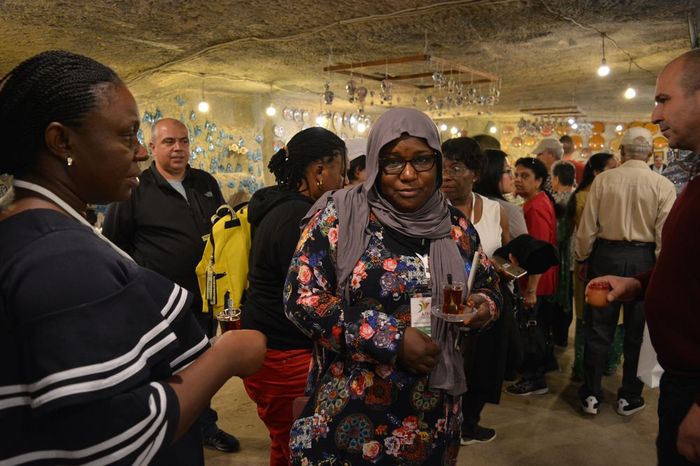Instead, she preserved his life, and having done so, she thought that her own supremacy would be assured if she made him emperor. He would, she believed, never again oppose her wishes. It was a reasonable conjecture, but her plans went astray. After pretending for a few days to be her loyal subject, he suddenly reverted to his normal habits. The more she tried to dominate him, to treat him, who was really her master, like a lion in a cage, the more he fretted at her restraining influence and glared at the hand that kept him in check. To begin with, he growled inwardly, but as time passed his disgust became obvious to everyone.**258
Outside the general scope of my narrative
11. I must admit that his attitude to myself was one of great deference. The fact is, when he was still a private citizen, he had courted my favour with the most abject servility, and I had in some measure helped him in his career. Far from forgetting these services when he ascended the throne, he showed such affection and regard for me that he would rise up when I came into his presence and treated me as his greatest friend. However, that is by the way and outside the general scope of my narrative.
The main point is that he wished to rule unchallenged by anyone else and to govern the Empire entirely on his own. Unfortunately, he had made no notable contribution to public affairs in his previous career. Nevertheless, he waited patiently for the opportunity, and the declaration of war against the Persians owed its origin no less to his personal ambitions than to a desire to safeguard the whole commonwealth.
12. It was my habit to give the emperors useful advice, so I tried to restrain him, pointing out that it was first necessary to discuss the question of military forces, to draw up lists of names, to call on help from abroad, and then, when all preparations had been completed, to declare war. But the babblers who make a habit of contradicting all I say (with a few exceptions) have brought ruin on our affairs. They did it then, and they are doing it now.
So the worse opinion prevailed, and he, donning his warlike armour in the palace, taking a shield in his left hand and a spear in his right, ‘wellcompacted with bands, twenty-two cubits in length’,**259 thought that with the one he could bar the enemy’s inroads, while he plunged the other in his adversary’s flanks. Others uttered their war-cry, clapped their hands at this, but my face was clouded with gloom, for I guessed what the result of it all would probably be.
Read More about War with the Scyths part 10








